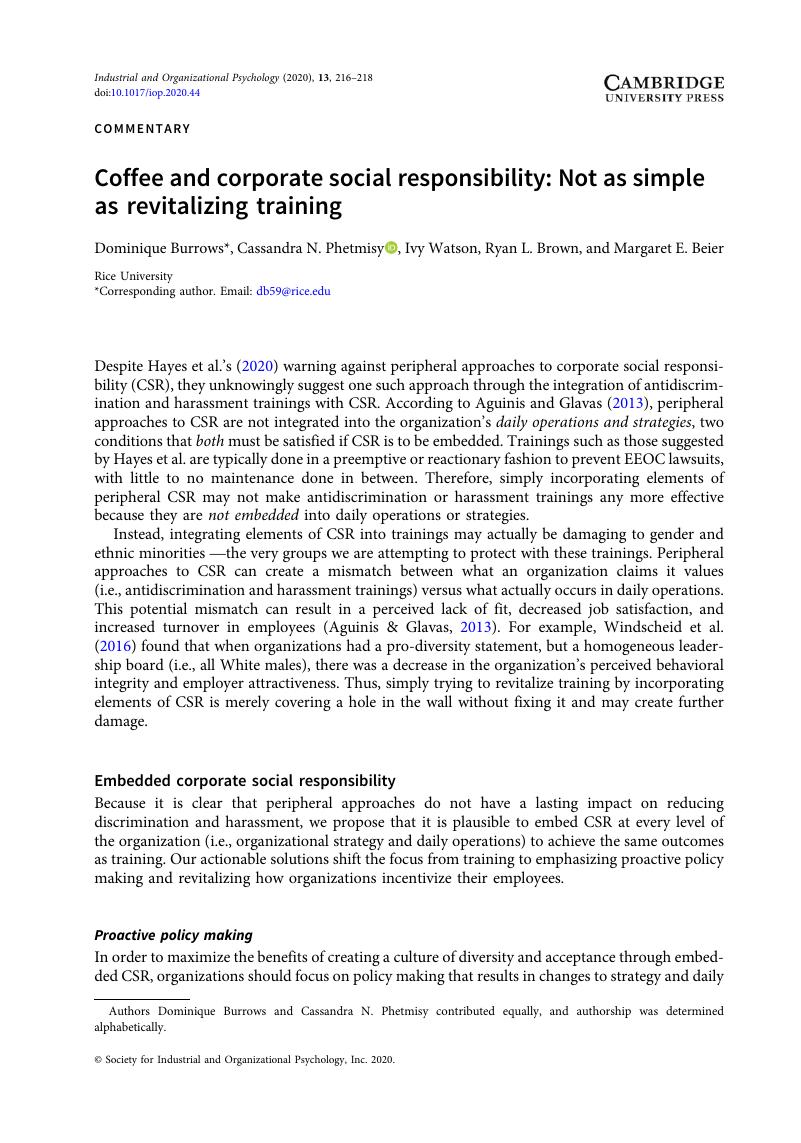Crossref Citations
This article has been cited by the following publications. This list is generated based on data provided by Crossref.
Sánchez Tróchez, Diana Ximena
Rivera Martínez, Wilfred Fabián
and
Osorio Arias, María del Mar
2024.
Caracterización de los factores estratégicos para la sostenibilidad del sector cafetero. Caso del Cauca, Colombia.
ESIC Market,
Vol. 54,
Issue. 2,
p.
e296.



